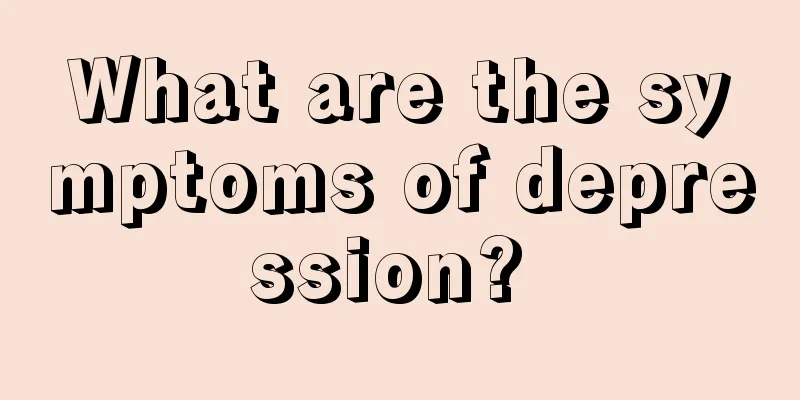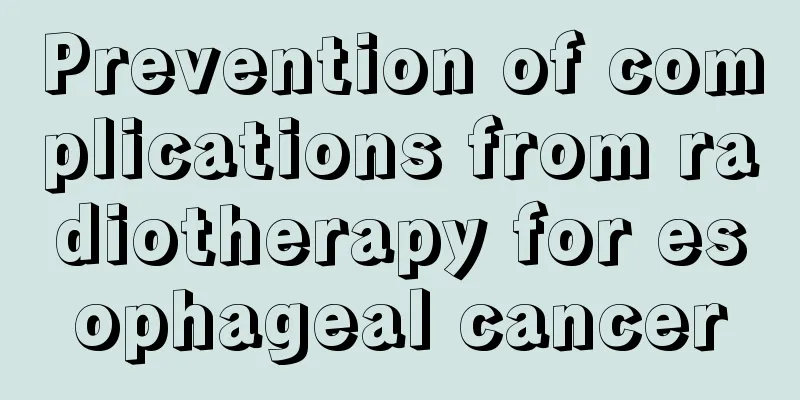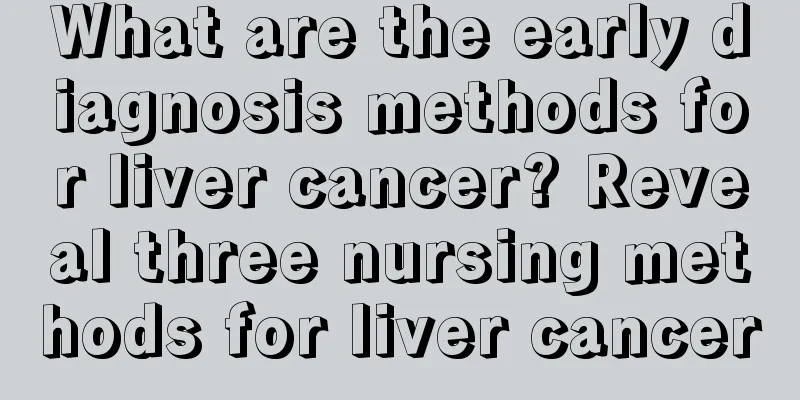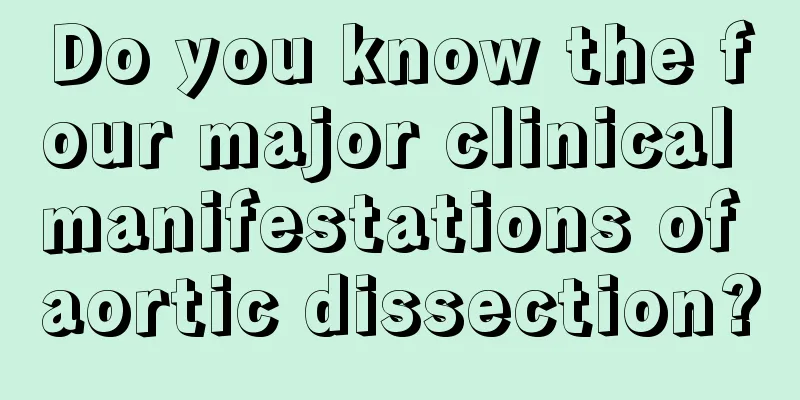What are the symptoms of depression?

|
The busy and stressful pace of modern life has put many people under tremendous psychological pressure. If their psychological quality is not strong, it may cause psychological trauma. For example, it may induce mental problems such as depression. Moreover, the damage is permanent and very difficult to cure. Let’s take a look at some of the symptoms of depression. 1. Depressed mood The main manifestations are significant and persistent low mood, depression and pessimism. In mild cases, people feel unhappy, have no sense of pleasure, and have a loss of interest. In severe cases, people feel extremely distressed, pessimistic and hopeless, and feel that each day is like a year worse than death. The depressed mood of typical patients has a rhythmic change from heavier in the morning to lighter at night. On the basis of depressed mood, patients will have lowered self-evaluation, and develop feelings of uselessness, hopelessness, helplessness and worthlessness, often accompanied by self-blame and guilt. In severe cases, they will have delusions of guilt and hypochondria, and some patients may experience hallucinations. 2. Slow thinking The patient's thinking and association are slow, his reaction is unsuccessful, his train of thought is blocked, and he feels that his "brain is like a rusty machine" and "his brain is like covered with a layer of paste." Clinically, active speech decreases, speech speed slows down significantly, voice becomes deep, and conversation becomes difficult. In severe cases, communication cannot proceed smoothly. 3. Decreased willpower The patient's volitional activity was significantly and persistently inhibited. The clinical manifestations are slow behavior, passive and lazy life, unwillingness to do things, unwillingness to contact and interact with people around, often sitting alone, or lying in bed all day, living alone with the door closed, alienating relatives and friends, and avoiding socializing. In severe cases, they even ignore physiological needs such as eating and drinking, as well as personal hygiene, and become unkempt and unkempt, and may even become speechless, motionless, and refusing to eat. This is called "depressive stupor," but upon careful psychiatric examination, the patient still reveals signs of pain and depression. Patients with anxiety may have symptoms such as restlessness, finger grasping, rubbing hands and feet, or pacing up and down. Severe patients often have negative suicidal ideas or behaviors. |
<<: What are the symptoms of autonomic dysfunction?
>>: What are the symptoms of duodenal ulcer?
Recommend
What is the reason for frequent headaches after thyroid cancer surgery
Frequent headaches after thyroid cancer surgery m...
What are the specific diets during radiotherapy for nasopharyngeal carcinoma
What are the diets for nasopharyngeal carcinoma p...
Can moxibustion really cure diseases?
Moxibustion is quite common in our lives. It can ...
How to prevent fibroids correctly
Symptoms of fibroids are mainly yellow-brown or l...
Why are my hands shaking and I feel anxious?
Hand tremors and palpitations are relatively comm...
What to do if you have a high hairline? These methods can improve
Many people have different hair qualities and sca...
The benefits of soaking your feet in white radish water
Although radish is cold in nature, it has a good ...
Method of matching grain juice
Eating more whole grains is actually beneficial t...
Effects and functions of mulberry soaked in liquor
Mulberry is a relatively common fruit. It has a g...
Is it good to wash your hair in the morning?
Many young people always wash their hair in the m...
What foods can effectively protect against radiation?
Nowadays, due to the use of products such as comp...
Can beer reduce fever?
I believe everyone is familiar with beer. It is a...
Which hospital is the most professional in treating liver cancer with traditional Chinese medicine
The occurrence of liver cancer is difficult for m...
Common causes of airway obstruction in patients with laryngeal cancer
Laryngeal cancer patients often experience breath...
Can gastric cancer ascites be cured?
The patient is older and may not be able to recei...









